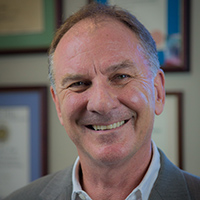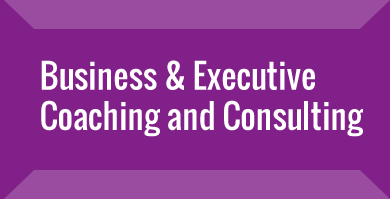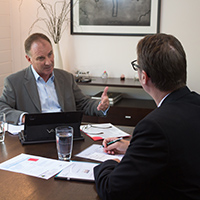Moral attitudes are especially difficult to change, Jonathan Haidt, Professor of Psychology at the Stern School of Business at
We tend to side with people who share our identity (made up of our assumptions/beliefs, our values, our vision and our guiding principles or charter) — even when the facts disagree — and calling someone a flip-flopper is a way of calling them morally suspect, as if those who change their minds are in some way being unfaithful to their group.
Being clear on the intangible elements of one's identity can build a strong foundation for greater self-awareness, purpose, well-being and building competencies in those areas that are important to you. Here are intangible elements defined:
•Assumptions/beliefs: A reality map formed through your collective reinforced experience. This would be a manifesto of the mental models you use and believe in to create your work and personal lives.
•Values/Aspirations: An attitude or world-view depicted by one word or one single concept observed through one's behaviour. Values often influence people's choices about where to invest their energies. Please recognise that values change over time. Being "fair" means something different for a person at 44 than at 14 years old.
•Vision: A word picture of the future leading from now through near to far reality. You energise people to support your purpose with an overarching description of what you see.
•Guiding Principles or Charter: A universal operating standard that guides decision-making both personally and organisationally. Use guiding principles or a charter to align, create trust and walk the talk by putting everybody on the same playing field. Energy isn't wasted in the politics of the team, organisation or community because there aren't different rules for everybody.
Changing our mind is not about data and rational arguments.
People change their minds all the time, even about very important matters. It's just hard to do when the stakes are high. That's why marshaling data and making rational arguments won't work. Whether you're changing your own mind or someone else's, the key is emotional, persuasive storytelling.
Stories are more powerful than data because they allow individuals to identify emotionally with ideas and people they might otherwise see as "outsiders." Our identities, of course, are also stories we tell ourselves about ourselves. In some cases — if we want to think of ourselves as thoughtful and open-minded — we can adopt identities that actually encourage flip-flopping.
Simply having to articulate why you believe what you do can also end up changing your attitude. If you have to explain your preferences, you're likely to adopt an attitude that makes sense to your interlocutor, even if it conflicts with your emotions.
We change our minds for utilitarian reasons, too. Especially pragmatic thinkers will consider whether an idea is feasible before they adopt it, says Michael Slater, Professor of Communication and Behavioral Sciences at
Understanding the power of stories could go a long ways toward bridging gaps that only get bigger when we expect those who disagree to rationally accept data and evidence.
Source: The New York Times Magazine, August 19, 2012



























